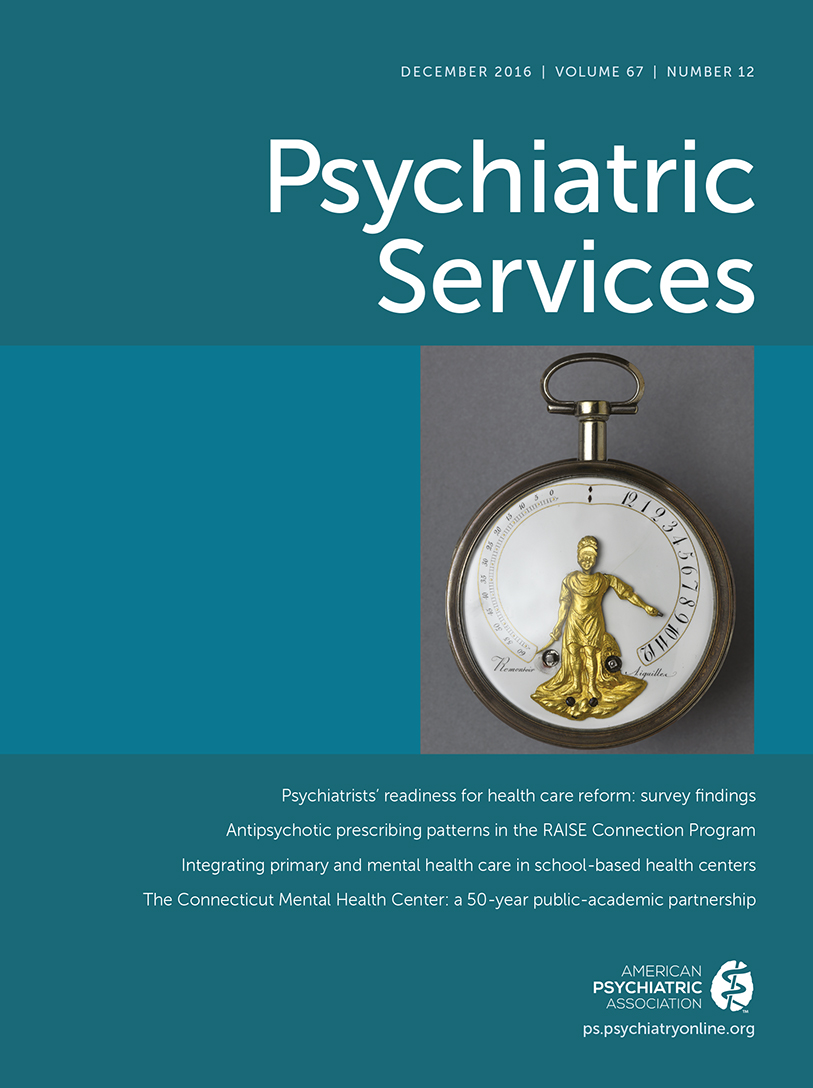Response to Review of Housing First: Ending Homelessness, Transforming Systems, and Changing Lives
TO THE EDITOR: We write in response to the review of our book, Housing First: Ending Homelessness, Transforming Systems, and Changing Lives, which appeared in the August 2016 online edition of this journal and was written by Van Yu, M.D. The main point of the review is apparently made in its final sentences, where Dr. Yu writes, “A cost-effective social service model [Housing First] has come up against a dynamic housing market that is threatening to flip the economics of Housing First on its head. If homelessness is going to end, this economic reality will need to be reckoned with.”
We agree that tight housing markets are a challenge to implementing Housing First in many locales—that was also the case when Housing First began in New York City in 1992. Notwithstanding the mounting evidence of Housing First’s effectiveness, ending homelessness will require a fundamental change on many levels, beginning with political will and commitment of resources, including more affordable housing—all of which transcend Housing First and any successes that it can achieve. However, it is also accurate to state—as demonstrated by research evidence cited throughout the book—that Housing First programs have been successfully established in cities with very low vacancy rates and high rents, including New York City, Seattle, and Toronto. One of the most recent examples of Housing First’s success is the HUD-VASH program serving 78,000 homeless veterans and ending homelessness among veterans in many cities and states (http://www.va.gov/homeless/hud-vash.asp)
On the basis of Dr. Yu’s reasoning, such positive outcomes cannot be reconciled with “economic reality.” However, a reading of the book would reveal how this was achieved in the United States, Canada, and several nations in Western Europe. We do not seek to draw attention away from the difficulties attending implementation of Housing First but to suggest the utility of a more balanced (and evidence-informed) portrayal of the past, present, and future of Housing First. The book we coauthored most certainly has flaws as well as strengths. We would have welcomed an informed critique, and we hope the journal’s readers would agree.



